Below you will find a classroom, like most classrooms many people sit whilst one person talks. It's exciting stuff. Well, in actual fact it has been quite exciting because its pretty obvious that the people who have been talking to us really care about their subjects, they love talking about it and sharing the information. It has been a nice change when compared with some other lectures in Australia.
So we've had Decapoda, ten footed critters.
Meroplankton, critters that are only planktonic for part of their life cycle. We learnt about Polychaetes, which are not "many parakeets" which is a conclusion one could jump to when tired and disoriented.
Bryozoa, not to be referred to as "sea blobs", nor are Ascidians to be referred to as sea blobs.
And molluscs, which are much more complex than my initial thought jump to the "modest mollusc" might suggest. Suffice to say, there is much more going on in the sea than I ever could have guessed..
We learnt a bit about some of the projects we're going to be working on during the "cruise". It's probably worth noting here that a "cruise" in this context is not quite what comes to mind initially. We aren't talking palm trees, relaxing by a spa and drinking cocktails. It's more like a research expedition. We're going to be heading up the West coast of Svalbard then over the North areas of the island, working 12 hours a day, and eating.. well.. eating whatever they feed us. The ship was a shrimp trawler (and still sometimes trawls for shrimp, like we will be doing) so it's a working boat.
So lets get rid of the pretty little relaxing ideas and think working nights, days and everything in between.
Part of the research is on shrimp (which are not prawns.. but google is disinclined to tell me a helpful difference). Here is probably a good point to say that realistically, no Australian EVER says "shrimp", they are always prawns. So how do they research shrimp? They trawl for them, count and measure them, gut fish that are caught in the trawl to see if they have been eating shrimp and then once all that has happened THEY EAT THE SHRIMP!
So, as many of you know, I'm a Geographer. Death is not a big part of the research deal. We observe, occasionally we prod, we take a whole bunch of photos and then we write it all up. This sudden immersion in the Biological world has been a bit of a shock. Not only because there is so much to learn but also the casual approach to death. Of counting things by killing them. Sure, there aren't many other ways to do it, but still, its a new paradigm. Apparently it is a relatively common concept in marine biology, that you eat what you study, all I can say is I'm keen that this does NOT catch on anywhere else. Geologists eating rocks, Geographers eating geography, No, just No.
But who knows, maybe it helps people develop an appreciation for their subject so they work harder? I doubt it's really a bad thing.
We're also doing a project on the benthic communities, keeping some of them alive in contained mud cylinders to see what they get up to under different conditions. Hopefully we'll get some cool photos of all this and we can start to see what the goss is!
And below we see a picture of the view out the lecture room windows, yes distracting.
Yesterday was the Autumnal equinox, so from here it starts getting dark and cold.
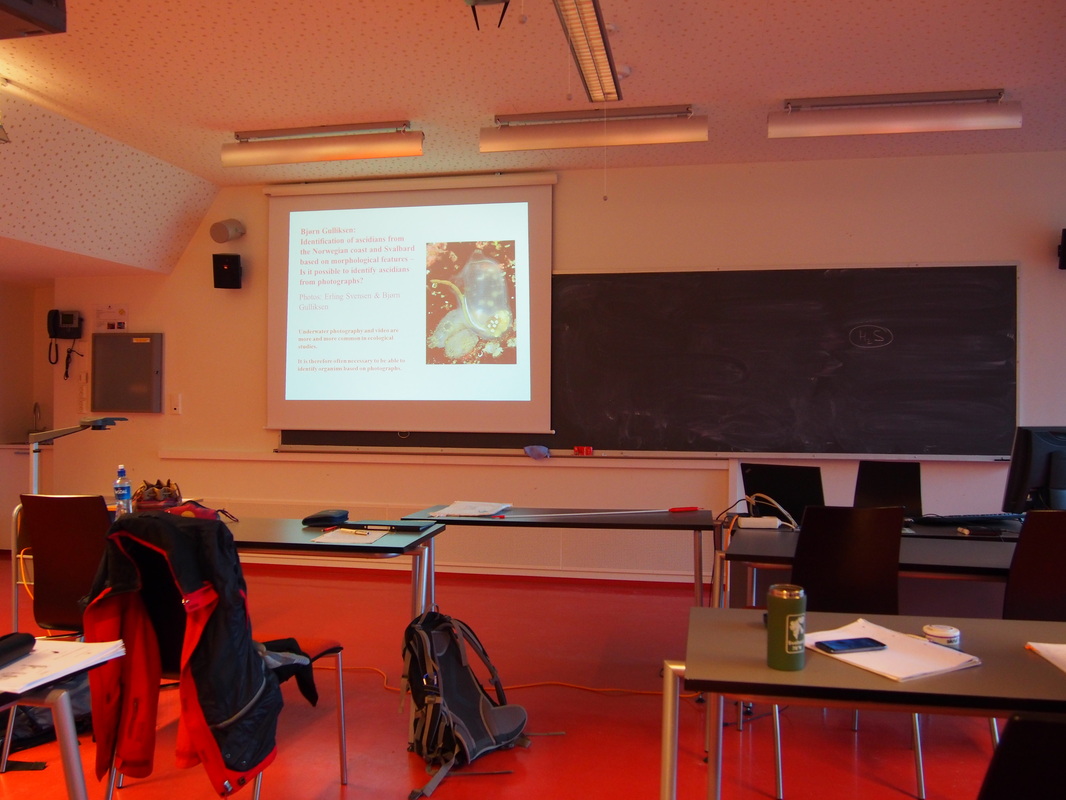
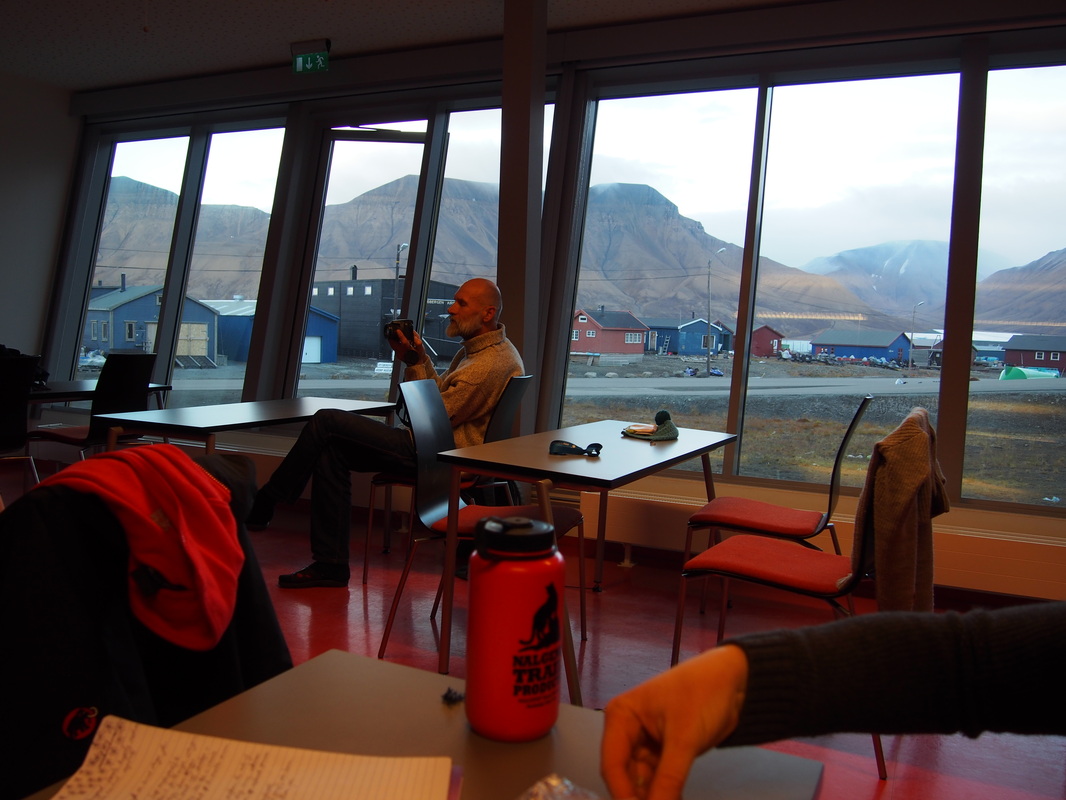
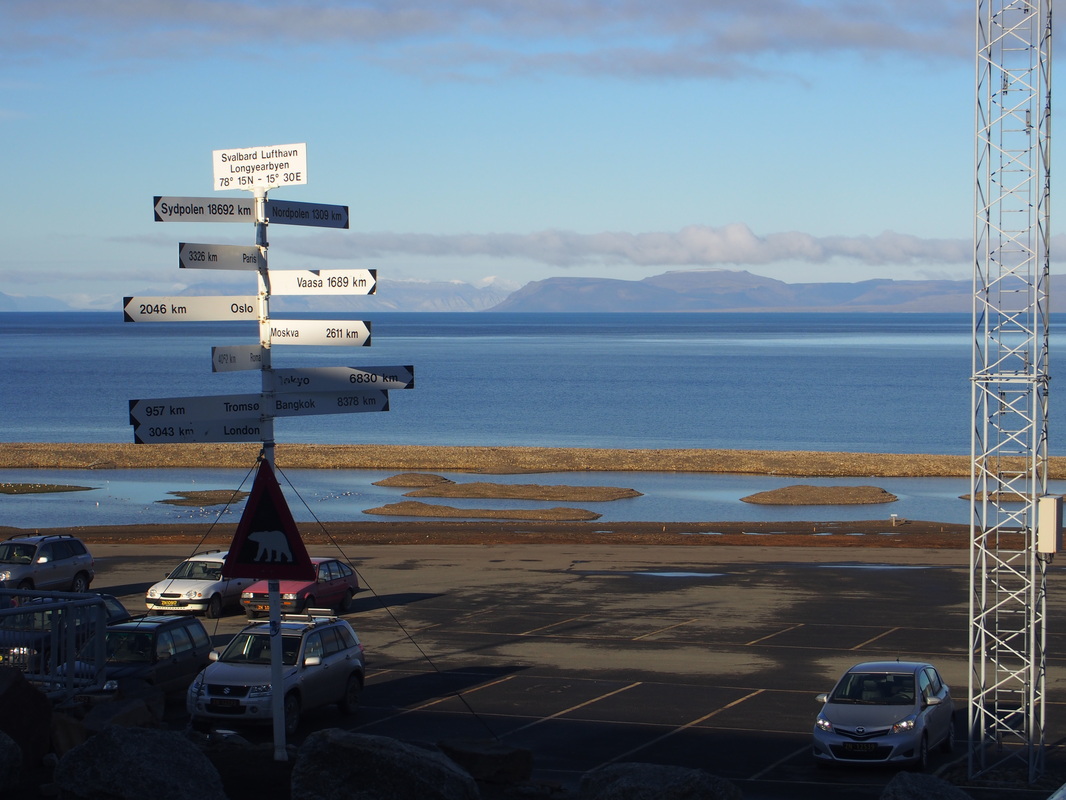
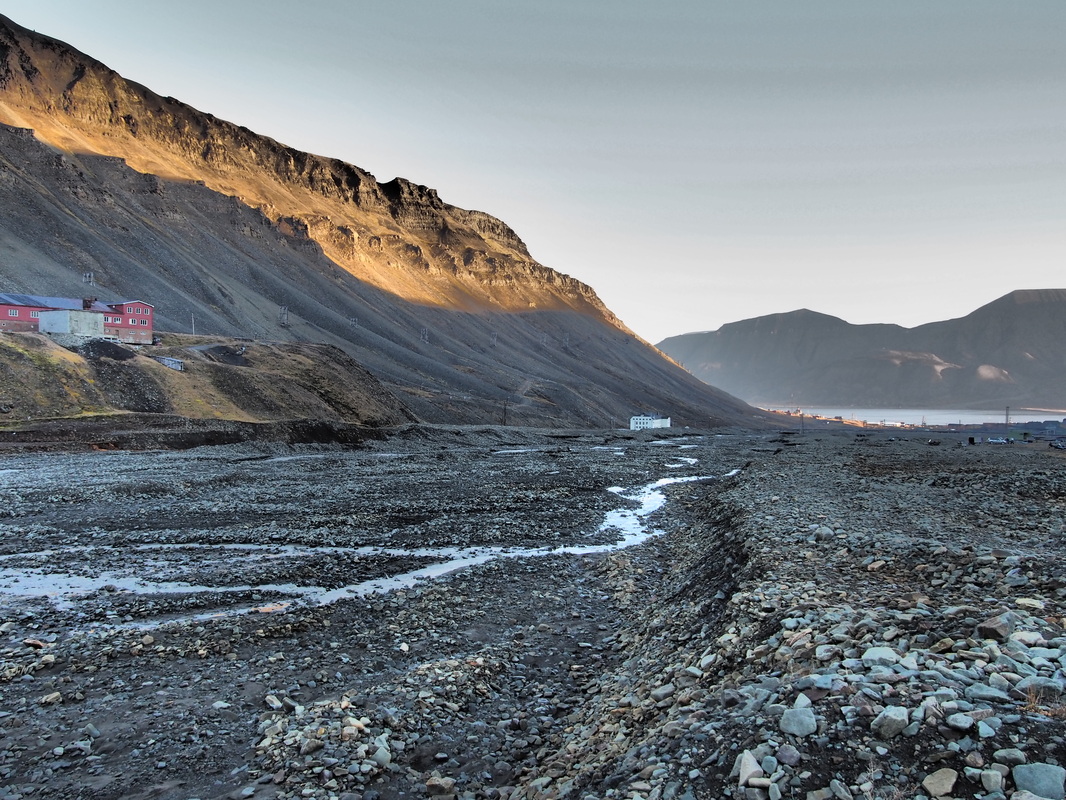
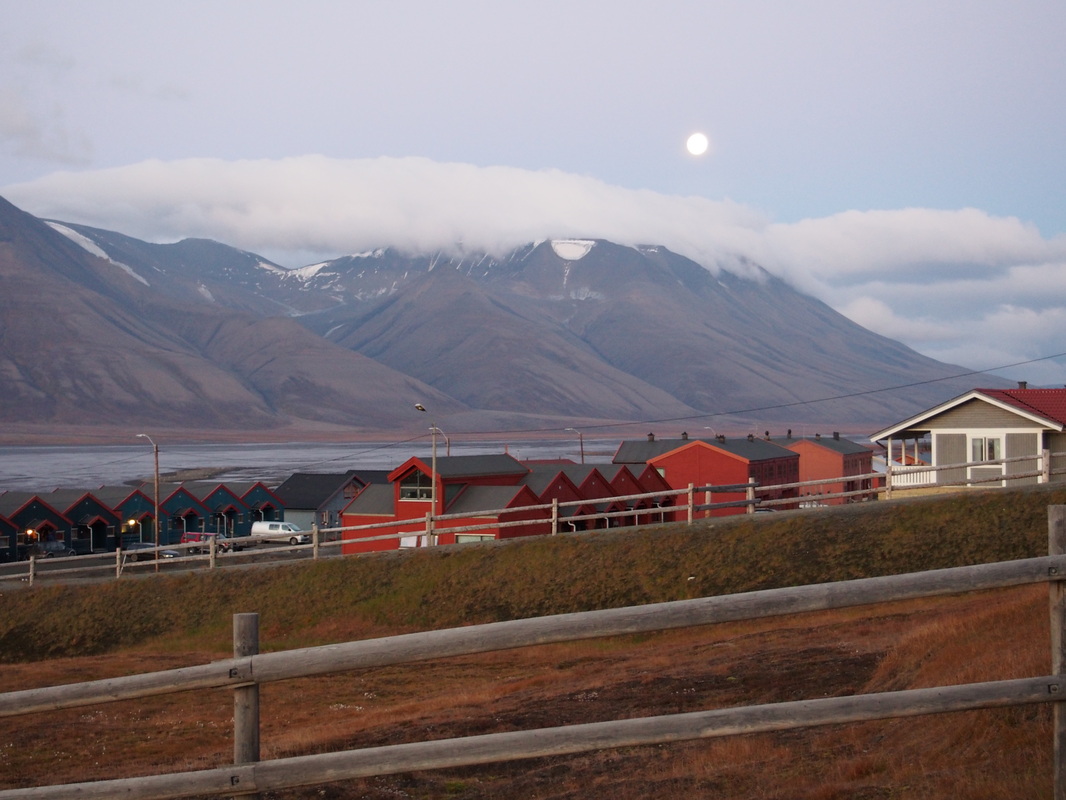
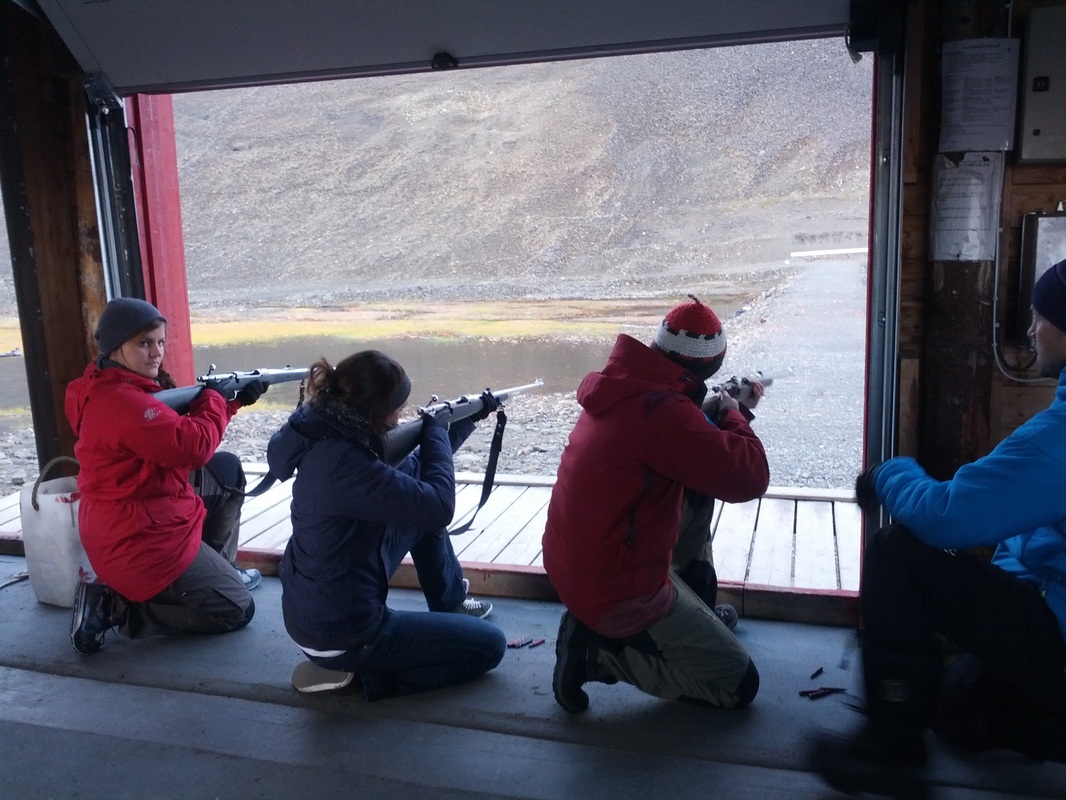
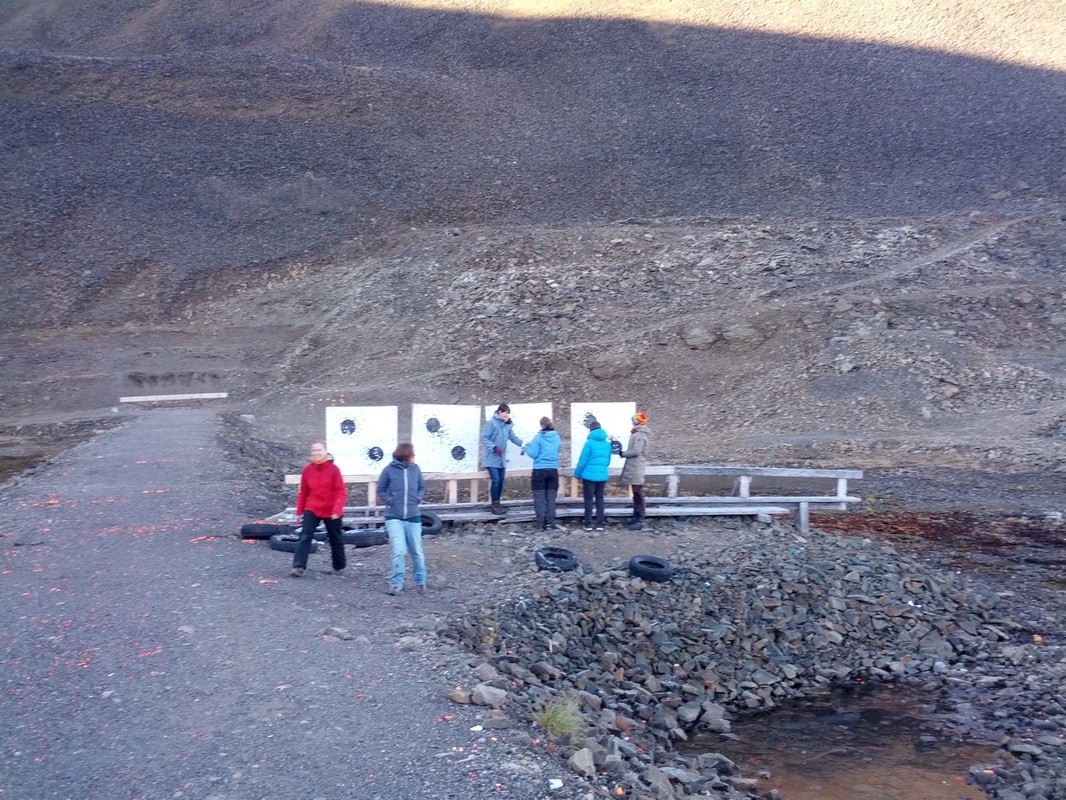
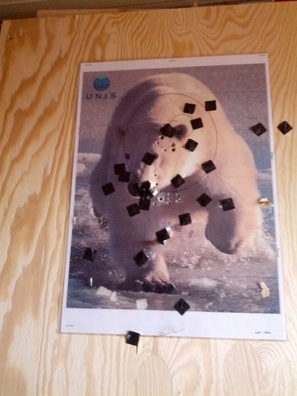
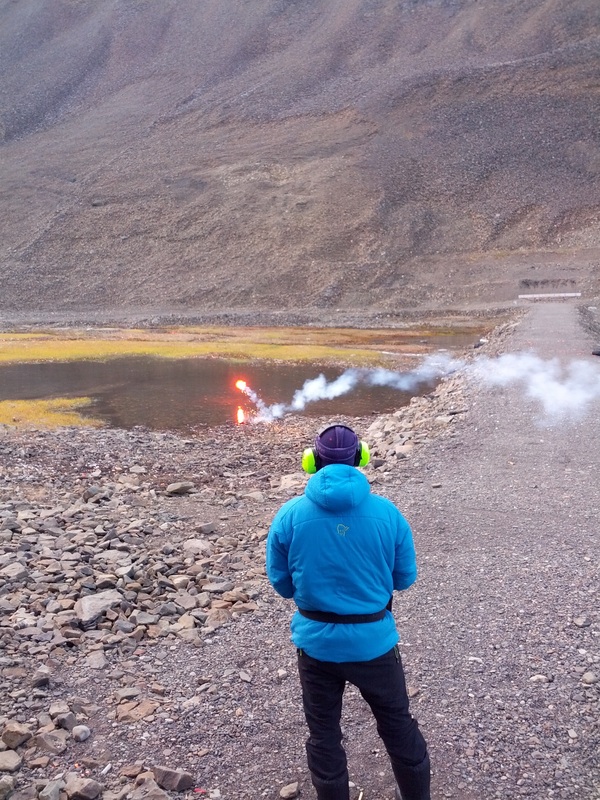
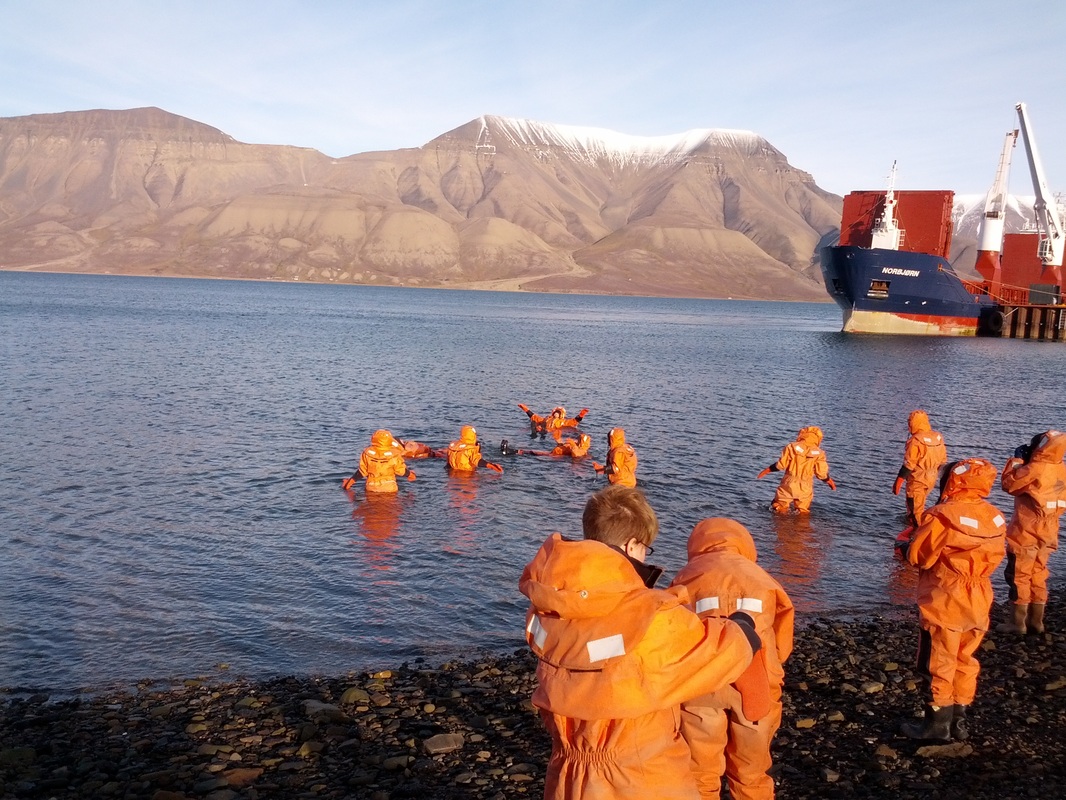
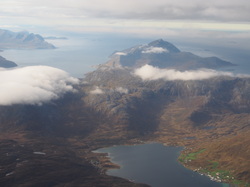
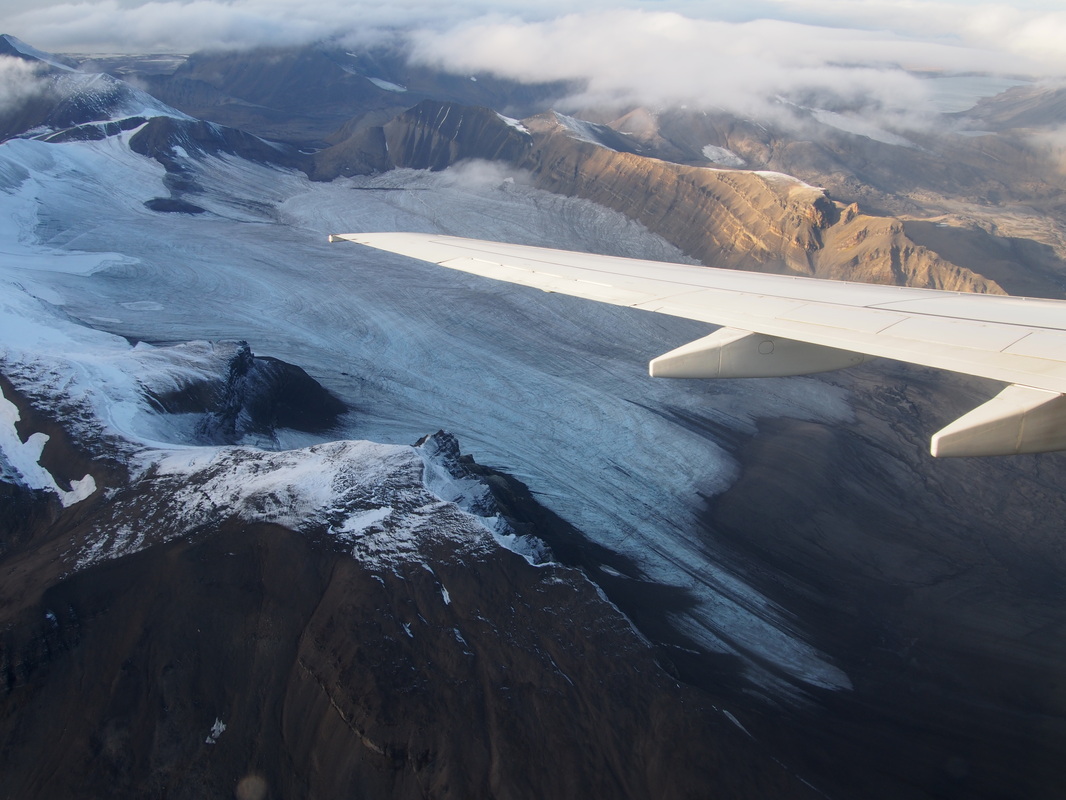
 RSS Feed
RSS Feed
